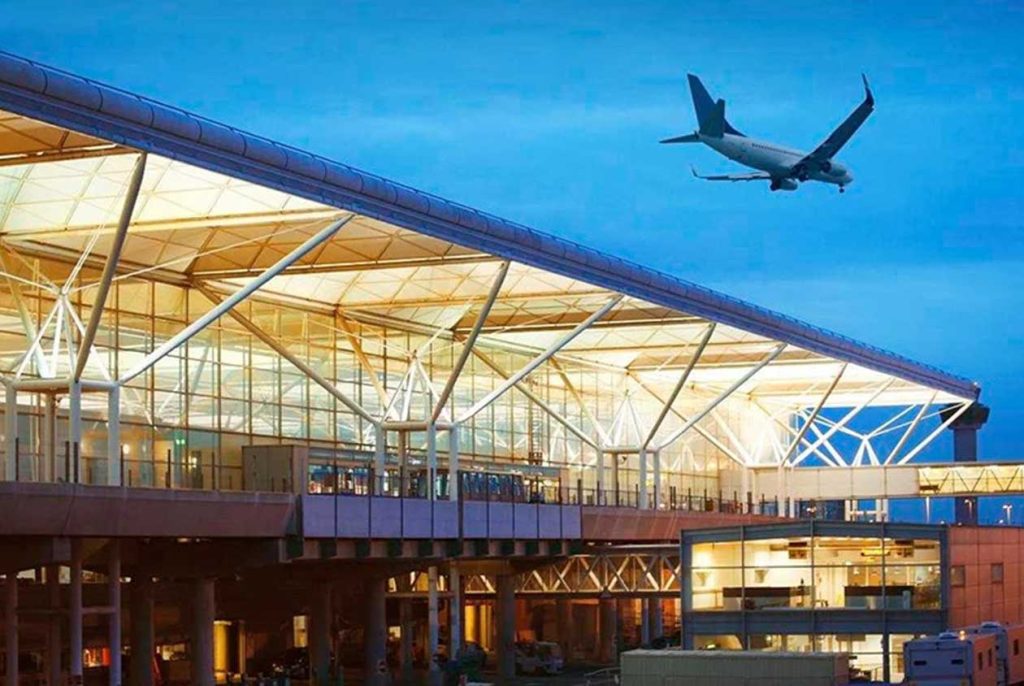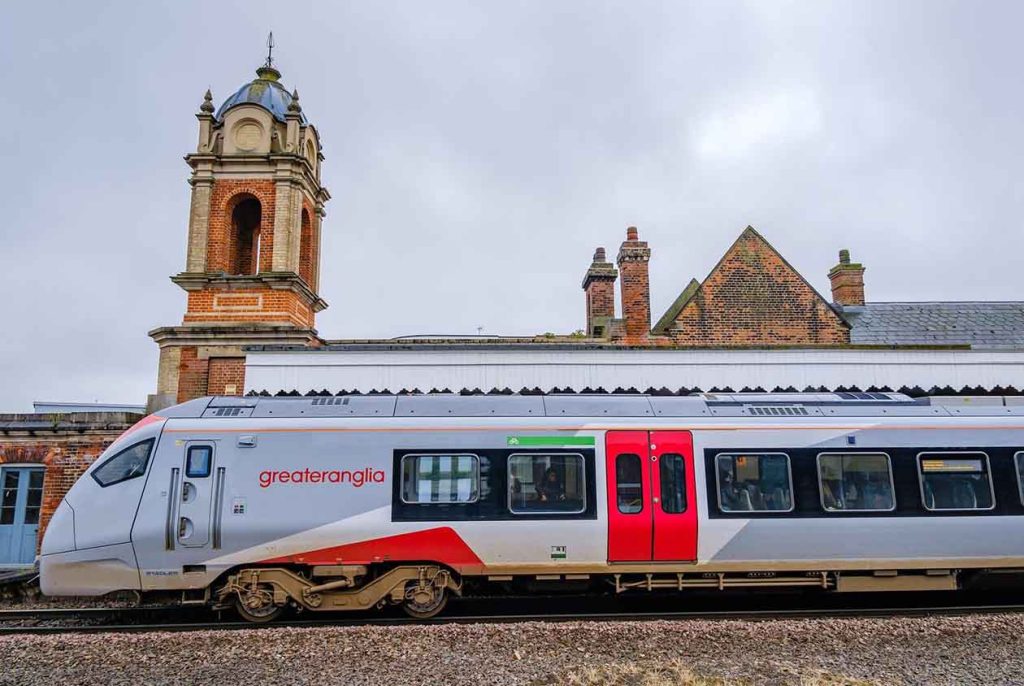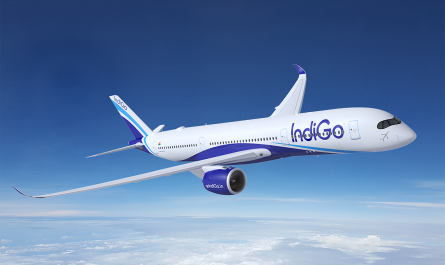I’ve always been drawn to historic cities that carry both charm and intellect, and Cambridge has long topped that list. The allure of cobblestone streets, ancient colleges, and serene riverside views beckoned me. However, as a traveler who keeps a tight budget, I quickly realized that the most crucial step to a successful trip to Cambridge isn’t the itinerary—it’s securing the right flight at the right price. Over the course of my planning and journey, I learned several money-saving strategies that transformed the way I approach booking flights, and I’m here to share my Cambridge-specific secrets.
Step 1: Embrace Flexibility in Dates and Airports
The first lesson I learned is that flexibility is not just convenient; it’s essential. Flight prices can fluctuate dramatically depending on the day of the week, season, and airport choice. Cambridge itself doesn’t have a major international airport, so most travelers fly into nearby London airports—Heathrow, Gatwick, Stansted, or Luton—and then take a train or coach to Cambridge.
I spent hours comparing prices across multiple London airports. Surprisingly, flights to Stansted were often cheaper than those to Heathrow, despite the shorter distance to central Cambridge from Heathrow. I also discovered that early morning and late-night flights are consistently lower-priced. By adjusting my travel days by a single day or two, I saved nearly 25% on airfare—a small tweak that made a noticeable difference in my travel budget.

Step 2: Leverage Flight Comparison Tools
Once I had narrowed down potential airports, I turned to flight comparison websites. These platforms are indispensable for spotting hidden deals. Personally, I used a combination of Google Flights, Skyscanner, and Kayak. Each offers unique features: Google Flights allows quick tracking of price trends, Skyscanner provides flexible date searches across months, and Kayak often uncovers last-minute promotions.
I recommend setting up price alerts for your intended route. For my trip, I set alerts about six weeks in advance. Within days, I received notifications of a price drop—enabling me to book flights significantly cheaper than my initial estimates. In fact, flight comparison alerts became almost addictive, as watching prices fluctuate daily gave me the satisfaction of knowing I could pounce the moment a good deal appeared.
Step 3: Consider Budget Airlines and Hidden Fees
Budget airlines are the next frontier for the frugal traveler. For trips to London, carriers like Ryanair, easyJet, and Wizz Air often offer rock-bottom fares—but with a catch. Extra fees for baggage, seat selection, and priority boarding can add up quickly. My approach was strategic: I packed a compact backpack that met carry-on regulations, avoiding checked baggage fees entirely.
I also learned to ignore the upsell options unless truly necessary. For example, choosing standard seats on a short flight didn’t impact comfort significantly. These small decisions reduced my flight costs by almost a third. However, I also made sure to read the fine print regarding luggage dimensions and weight limits—ignorance can lead to unexpected fees that erase any savings.
Step 4: Book at the Right Time
Timing is everything. According to numerous travel studies and my own experience, booking flights about 6–8 weeks before departure often yields the best deals for short-haul flights to the UK. While last-minute deals can sometimes be cheaper, they’re risky if your travel dates are fixed.
For my Cambridge trip, I monitored fare trends over several weeks. I noticed that mid-week flights were generally less expensive than weekend departures. By combining weekday flights with early bookings, I snagged a fare that was almost half the price of the most expensive option. Patience truly pays off when searching for bargains.
Step 5: Use Alternative Routes
Sometimes the cheapest flight isn’t the most direct. I discovered that flying to Birmingham or Manchester and then taking a train to Cambridge could occasionally be cheaper than flying directly into London. While the journey became longer, the savings justified the extra travel time.
Additionally, multi-city searches can occasionally unlock better fares. For instance, flying into London and returning from Manchester (or vice versa) sometimes offers discounts unavailable with standard round-trip tickets. It requires a bit of planning and flexibility, but it can be a clever way to save hundreds of dollars on airfare.
Step 6: Take Advantage of Travel Credit Cards
I’m a big advocate of using travel credit cards to save on flights. Some cards offer rewards points, cashback, or travel credits that can be applied directly to airfare. For my trip, I used a card that gave points for every dollar spent, which I later redeemed for a partial flight discount. Additionally, some cards offer travel protections, such as reimbursement for trip cancellations or delays—benefits that are especially useful for budget-conscious travelers.
I also explored airline-specific credit cards. Signing up for a card affiliated with my preferred airline gave me bonus miles, reducing the net cost of the flight even further. While this requires a bit of strategy and foresight, the cumulative savings were substantial.
Step 7: Keep an Eye on Seasonal Promotions
Airlines frequently offer seasonal sales and promotions. During my planning, I subscribed to newsletters from major airlines flying to London. These newsletters often include early-bird discounts, flash sales, or “last seat” deals. I learned to act quickly because these promotions can disappear within hours.
Interestingly, promotional periods are often aligned with holidays or off-peak travel times. Traveling slightly outside of the most popular tourist windows not only saved me money on flights but also on accommodations—a double win for budget travelers.
Step 8: Combine Flight Deals with Ground Transportation
Booking the flight is only part of the journey. Since Cambridge doesn’t have a major international airport, I factored in transportation costs from London or nearby airports. Train and coach services like National Express and Greater Anglia often have discounted advance tickets, especially if booked online early.
I combined my flight booking with a pre-purchased train ticket from Stansted Airport to Cambridge. The total cost, including both air and ground travel, was still cheaper than a direct flight to Heathrow with a last-minute taxi. Planning the connection in advance is crucial for maximizing savings.

Step 9: Use Loyalty Programs Wisely
Frequent flyer programs are not just for business travelers. Signing up for airline loyalty programs can unlock exclusive discounts and early access to promotions. Even as a casual traveler, I found that accumulating points from my regular credit card spending and small purchases could be redeemed to offset flight costs.
For Cambridge, I registered with multiple UK-bound airline programs. Over several months, small point accumulations allowed me to upgrade my seat slightly and save money without impacting the overall budget. It’s the kind of “slow burn” strategy that pays off when you travel often or plan ahead.
Step 10: Avoid Common Booking Pitfalls
Finally, there are several common mistakes that can sabotage a budget-conscious flight plan. Booking directly from unverified third-party websites, ignoring hidden taxes, or failing to check baggage rules can all inflate costs unexpectedly. I learned to cross-reference multiple sources and read the fine print meticulously.
Additionally, clearing your browser cookies or using incognito mode when searching for flights sometimes results in lower prices. Airlines occasionally adjust fares based on search history, and a simple technical workaround can save a small but welcome amount.
My Cambridge Flight Experience
Applying all these strategies, I secured a round-trip flight from my city to London Stansted at nearly 40% less than the first option I saw online. Early morning flights combined with a budget-friendly airline and a careful carry-on packing plan made it possible to start my Cambridge adventure without breaking the bank.
Landing at Stansted, I quickly hopped on a pre-booked train to Cambridge. The total travel time was manageable, and the savings from strategic booking allowed me to splurge on a charming riverside hotel and a few guided tours—experiences that would have been impossible if I had paid for premium airfare.
I felt a unique sense of accomplishment walking along the banks of the River Cam, knowing that the trip wasn’t just memorable for its picturesque scenery and historic charm but also for the satisfaction of traveling smart. Every cobblestone street, every college gate, and every punting boat I encountered reminded me that careful planning can make even the most expensive destinations feel accessible.
Tips for Future Cambridge Travelers
- Monitor multiple airports: Compare Stansted, Luton, Gatwick, and Heathrow. Sometimes smaller airports offer significant savings.
- Be flexible with dates: Even a one-day shift can reduce airfare by 20–30%.
- Sign up for alerts and newsletters: Never miss a flash sale or seasonal promotion.
- Consider budget airlines carefully: Carry-on only, avoid extra fees, and read luggage rules.
- Use travel credit cards: Points, cashback, and protections can reduce net costs.
- Plan ground transportation in advance: Train and coach tickets booked early save money and stress.
- Join loyalty programs: Small point accumulations can fund flights or upgrades.
- Book at the optimal time: Typically 6–8 weeks ahead for short-haul international flights.
- Avoid third-party pitfalls: Cross-check prices, read fine print, and avoid scams.
- Enjoy the savings: Invest what you save on the flight into experiences that enrich your trip.
Traveling to Cambridge on a budget requires patience, research, and strategic thinking—but it is absolutely achievable. With careful planning, you can secure affordable flights without compromising comfort or convenience. The satisfaction of knowing that every pound spent was deliberate enhances the joy of exploring this timeless city.
Walking along the ancient streets, punting on the river, and marveling at historic college halls, I realized that travel is not just about reaching a destination—it’s about the journey, and part of that journey is mastering the art of smart spending. For those who approach Cambridge with flexibility, vigilance, and a bit of ingenuity, this city can be both enchanting and surprisingly affordable.
In the end, the true secret isn’t just finding cheap flights—it’s combining every small strategy into a seamless plan. From flexible dates to credit card perks, budget airlines, and clever routing, every decision compounds to create a trip that feels luxurious in experience, not in expense. Cambridge, with its quiet rivers and scholarly charm, rewards travelers who plan wisely—and the reward is not just the sights, but the satisfaction of having done it smart.




